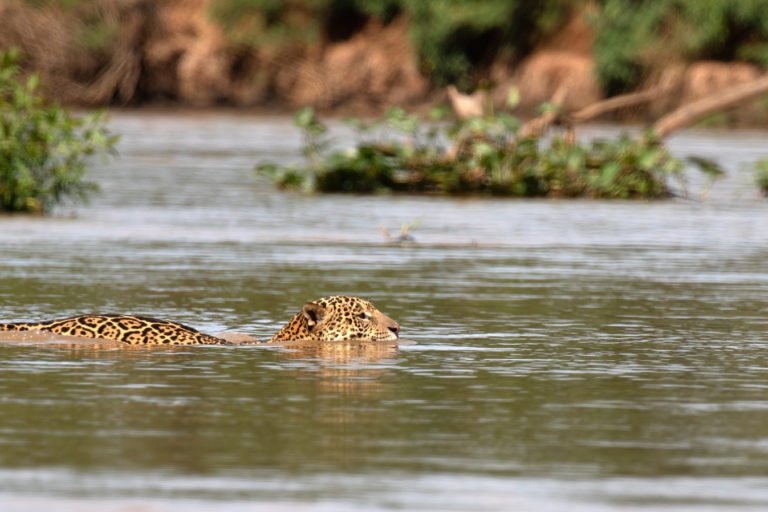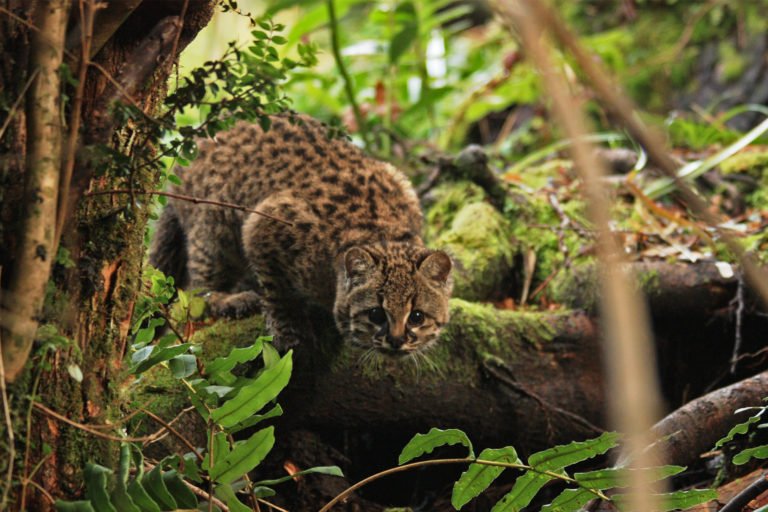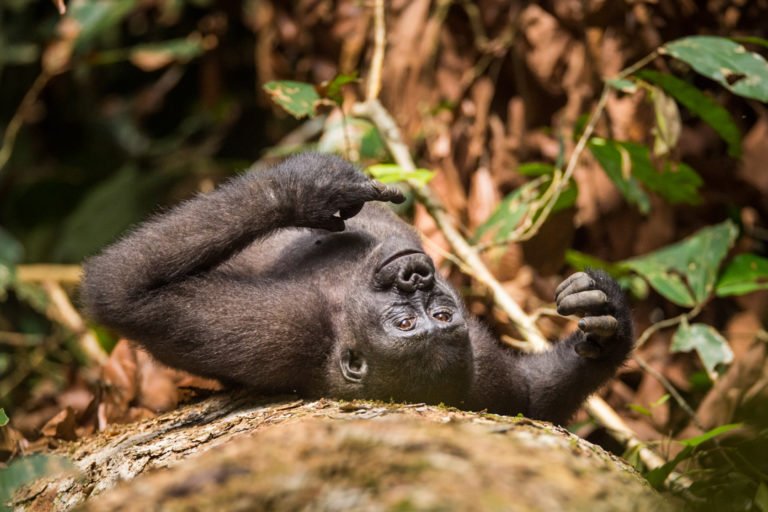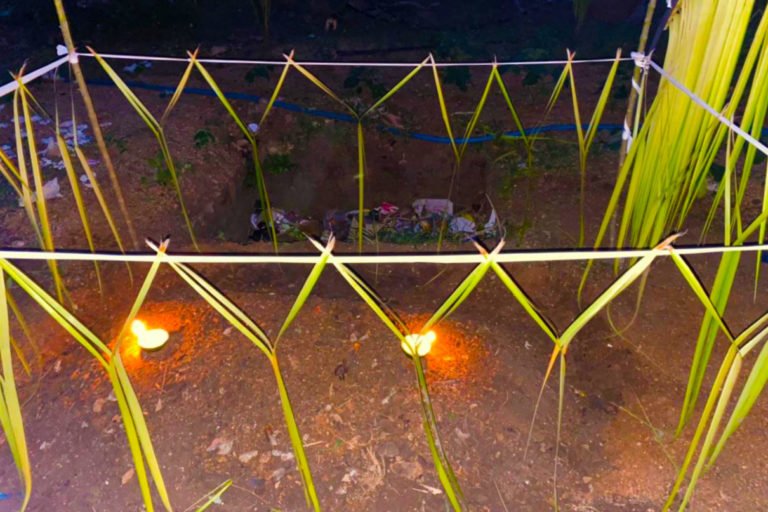- Sri Lanka’s outdated laws on animal welfare are 115 years old and were introduced when the country was under the British yoke.
- With violence toward animals reported on more frequently, animal rights groups are calling for tougher laws to combat cases of animal cruelty.
- The current punishment for mistreating an animal is $0.27 and is among the lowest in South Asia.
- A proposed animal welfare law has not been adopted despite being placed on the parliamentary agenda on 44 occasions.
COLOMBO — The horrific fatal shooting of a 1 1/2-year-old Rottweiler in Sri Lanka has sparked fresh concerns about the country’s outdated animal cruelty laws.
Rexie went missing in the early hours of Aug. 8 in Galgamuwa, some 170 kilometers (105 miles) northeast of the capital Colombo and was found in a forest three days later.
“On Aug. 8, we heard gunshots at around 6:30 in the morning. We decided to search the forest on Aug. 11 and traced a stench to where she was dumped,” Asela Pradeep, Rexie’s owner, told Mongabay.
He said the shooter had poured grease over the canine’s carcass to prevent a powerful stench from emanating. Pictures of the incident posted on social media have sparked anger among many, including pet lovers, and brought to light the need for tougher laws and preventive action.
“Those who did this must be cursed. Legal action must be taken against them. Humans are displaying their stupidity through acts like this,” one Facebook user commented.
Another user commented, “The shooter will pay for this sin one day.”
The shooter had fired five gunshots to the Rottweiler’s left leg, police said, adding that the bullets had traveled to its abdomen.
“The two suspects arrested in connection to the killing were granted bail after being produced in court,” a police officer who spoke on the basis of anonymity, as he was not authorized to speak to the media, told Mongabay. “We charged them under the Cruelty to Animals Ordinance.”
If the suspects are found guilty under the Cruelty to Animals Ordinance, they will face a fine of 100 Sri Lankan rupees ($0.27), a three-month jail term or both.
Calls to repeal archaic laws
Sri Lanka’s Cruelty to Animals Ordinance, introduced in 1907, has often been criticized heavily for being outdated, and not being an effective deterrent against animal cruelty.
The latest figures made available by Sri Lanka Police show that 772 offenses were recorded under that law in 2018. The police have not furnished the number of animal cruelty cases in their annual reports submitted to Parliament since 2019.
Multiple attempts made by Mongabay, through emails, calls and WhatsApp messages, to obtain the latest number of cases were futile.
Animal SOS, a private entity that runs a sanctuary for the treatment of stray dogs in Ahangama, some 160 km (99 mi) south of Colombo, said it had recorded 85 complaints of animal cruelty so far in 2022.
“We get many more reports about cruelty cases that we can’t help,” Kim Cooling, the founder of the project, told Mongabay. “Our clinics are always full to the brim. The lack of effective laws and complaints not being taken seriously are a major factor.”
Sri Lanka’s punishments for committing acts of animal cruelty are among the lowest in South Asia.
Animal rights groups say a local fine of 100 rupees ($0.27) is ineffective, and for decades they have been calling for tougher punishments.
“Delaying this will cost the lives of innocent animals. It’s a sad situation. If we succeed, we will receive nothing but happiness,” said Champa Fernando, an animal activist.
Although the South Asian island nation has a record of urgently signing laws — like the one for the Colombo Port City project — into effect even on public holidays, lawyers specializing in this field point out that it has taken 16 years for laws on animal cruelty to reach Parliament.

“They [politicians] are not interested in amending the laws because they don’t want to lose their voters. People of different ethnicities have contrasting viewpoints on this matter, as it is linked to the meat-eating industry,” lawyer Dulki Seethawaka told Mongabay.
“India has one of the strongest laws in the world to deal with animal cruelty. Although Sri Lanka is quick to adopt laws introduced in India in other aspects, that has not been the case here”, she said.
As a result of the delayed approach by officials to expedite the formulation of new laws, Seethawaka observed that cases of animal cruelty were quite prominent in the districts of Colombo and Gampaha, in the western region of Sri Lanka.
The first draft of a new animal welfare law was prepared by the National Law Commission in 2006. Although five governments have been formed since then, the bill is yet to complete the various parliamentary stages to become a law.
If the proposed law is adopted, a suspect convicted of killing an animal in a cruel manner can face a fine of 125,000 rupees ($343) and a four-year term in prison.
“It was a massive struggle to meet the arguments put forward by the meat industry and others with vested interests not in favor of the bill,” Lalani Perera, a lawyer who was part of the National Law Commission’s subcommittee told Mongabay.
“A very significant feature of the bill is that any person is empowered to file a court action, whereas today, only the police have that power.”
The latest version of the bill amended this year proposes to set up an Animal Welfare Advisory Committee, instead of an Animal Welfare Authority as proposed in the 2006 draft.

Status of new legislation
Government bills undergo three readings and a committee stage amendment process in Sri Lanka’s Parliament before they are signed into law by the speaker.
The animal welfare bill had been tabled for the first reading in Parliament by the agriculture minister on March 24, a little less than two months after receiving cabinet approval.
Although it was to be taken up for the second reading on April 5, the bill fell by the wayside, when Sri Lanka’s Cabinet of Ministers resigned en masse on April 3, as an unprecedented financial crisis hit the island’s economy and brought the country to a virtual standstill.
The bill was not taken up for the second reading in Parliament, although it was included in the Order Book 44 times – the latest being Sept. 23.
“If the objectives of the animal welfare bill are to be achieved, all those who are involved in its eventual implementation, including the police, should be mindful that animals have life,” Perera said.
In Sri Lanka, calls for tough laws often emerge in the aftermath of a horrific incident and are soon forgotten until another tragedy strikes. Activists say it is better to act sooner than later and offer animals better protection by replacing an archaic law with a modern law together with punishments that befit the offence.
Banner image of the resting place of Rexie, a young Rottweiler, courtesy of Roshan Warnakulasooriya.











